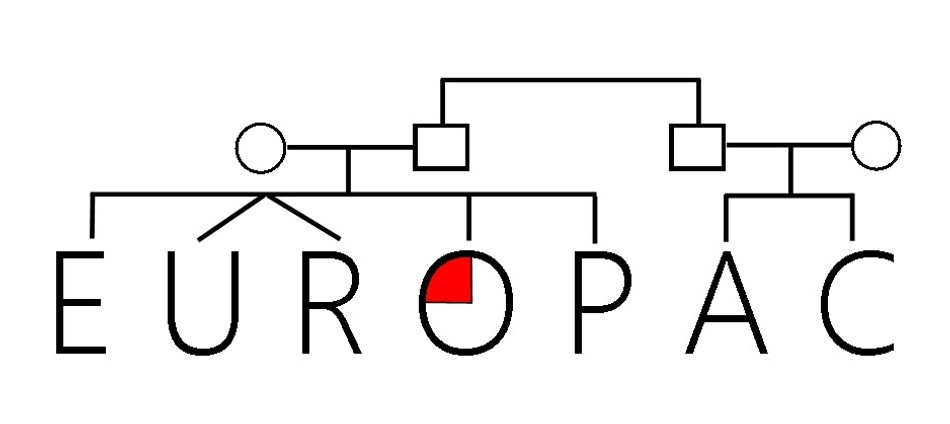EUROPAC – The European Registry of Hereditary Pancreatic Diseases
Healthc are professionals can now refer people with a family history of pancreatic cancer to the European Registry of Hereditary Pancreatic Diseases (EUROPAC) for annual surveillance.
are professionals can now refer people with a family history of pancreatic cancer to the European Registry of Hereditary Pancreatic Diseases (EUROPAC) for annual surveillance.
Around 10% of pancreatic cancers are caused by inherited risk factors. These can occur in families with a history of either pancreatic cancer or hereditary pancreatitis or in people who carry an at-risk genetic mutation.
NICE guidance (NG85) recommends pancreatic cancer surveillance for people with inherited high risk factors.
EUROPAC is a registry for families with histories of familial pancreatic cancer and hereditary pancreatitis. The EUROPAC study also runs surveillance programmes for people with high-risk factors.
The nearest surveillance centre for patients in the Peninsula Cancer Alliance is University Hospitals Plymouth NHS Trust.
On this page you will find:
- information for healthcare professionals about EUROPAC including potential referral routes into the study for eligible patients
- the patient referral form
- an introduction to Beata Gubacsi, the EUROPAC surveillance navigator for the SSCA region
- A guide to who should be referred onto EUROPAC
Patients who have:
- Two or more First Degree Relatives with pancreatic cancer e.g. parent and grandparent, parent and sibling, parent and aunt/uncle etc.
- Three or more cases of pancreatic cancer in the family
- One or more cases of pancreatic cancer with an associated syndrome
- Peutz-Jeghers syndrome
- Two or more relatives with idiopathic pancreatitis
- One case of idiopathic pancreatitis
- Family history of pancreatitis and PRSS1
For a full list of referral criteria including genetic mutations and diagnosed genetic conditions, refer to the EUROPAC health professional information leaflet.
South West Cancer Alliances EUROPAC Webinar
In September 2024 the PCA and SWAG Cancer Alliances developed a webinar for a multi-professional audience across all health sectors. This webinar introduced the EUROPAC study and current numbers over the South West and is available to view below.

 As EUROPAC surveillance navigator, Beata Gubasci is the first point of contact for study participants and healthcare professionals, providing information about the EUROPAC research programme, processing referrals to registration, and support for navigating surveillance appointments.
As EUROPAC surveillance navigator, Beata Gubasci is the first point of contact for study participants and healthcare professionals, providing information about the EUROPAC research programme, processing referrals to registration, and support for navigating surveillance appointments.